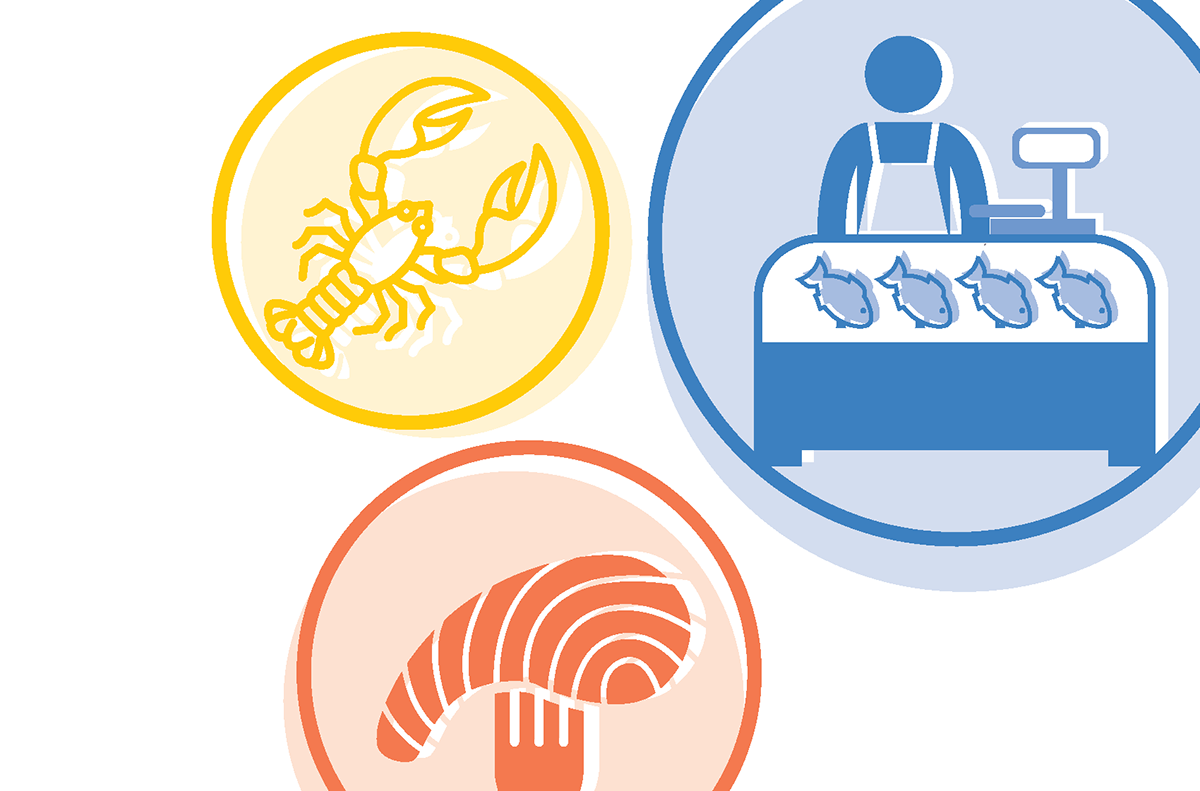By: Steve Markenson, Vice President, Research & Insights, FMI

Today, I can report that the state of the meat department in grocery retail remains strong. As shared with more than 2,000 attendees at the Annual Meat Conference last month in Orlando, the Power of Meat report, conducted by FMI and the Meat Institute's Foundation for Meat and Poultry Research and Education, provides an in-depth look at the meat department through the shopper's eyes.
Meat Category Overview
Despite shoppers' ongoing concerns about inflation, the meat department held strong in 2024. While dollar sales had strong growth from 2023 to 2024 (+4.7%), unit sales were also up (+1.0% in units and +2.3% in pounds). Household penetration remains high at 98.2%, along with other metrics such as trips per buyer per year (54, +4.0%) and spend per trip ($16.12, +1.4%). The meat department continues to be the largest perimeter department in terms of sales ($104.6 billion) and a key driver of store choice. A strong meat department in terms of the freshness and quality of the product, along with a clean and well-stocked department, continues to be important to help generate store traffic.
The Impacts of Inflation on the Meat Department
Inflation has impacted some shopper behaviors. Shoppers are continuing to evolve their channel choices from traditional grocery stores to supercenters, club stores and online options. Shoppers are focused on price and promotions, but not at the expense of taste and quality. Shoppers are mixing things up — both where they shop and what they're buying are changing. Acceptance and purchases of case-ready meat are at a record high, as many now consider it just as good — or even better — than meat or poultry cut in-store.
However, shoppers continue to be influenced in their perceptions of a store by the presence of a full-service meat counter. Private brands, like those in other categories, have seen growing popularity and sales. This same trend applies to meat, whether fresh or processed meat and poultry.
Changing Meat Shopper Behaviors
One of the impacts of inflation is the growth in the planning of shopping trips. The result is a more prudent and practical shopper who is avoiding or limiting impulse purchases and ultimately buying fewer products or smaller packages. Meals continue to be home-centric coming out of the COVID-19 pandemic and the impact of inflation has many shoppers seeing this as a great money-saving measure. Another outcome from the pandemic is the focus on health and well-being — generating interest in leaner or healthier meats/cuts, smaller portion sizes, meatless meals and eating fish and seafood.
The Power of Meat is packed with valuable data and insights, offering a comprehensive look at these key issues and so much more regarding the meat department.


 Industry Topics address your specific area of expertise with resources, reports, events and more.
Industry Topics address your specific area of expertise with resources, reports, events and more.
 Our Research covers consumer behavior and retail operation benchmarks so you can make informed business decisions.
Our Research covers consumer behavior and retail operation benchmarks so you can make informed business decisions.
 Events and Education including online and in-person help you advance your food retail career.
Events and Education including online and in-person help you advance your food retail career.
 Food Safety training, resources and guidance that help you create a company food safety culture.
Food Safety training, resources and guidance that help you create a company food safety culture.
 Government Affairs work — federal and state — on the latest food industry policy, regulatory and legislative issues.
Government Affairs work — federal and state — on the latest food industry policy, regulatory and legislative issues.
 Get Involved. From industry awards to newsletters and committees, these resources help you take advantage of your membership.
Get Involved. From industry awards to newsletters and committees, these resources help you take advantage of your membership.
 Best practices, guidance documents, infographics, signage and more for the food industry on the COVID-19 pandemic.
Best practices, guidance documents, infographics, signage and more for the food industry on the COVID-19 pandemic.
